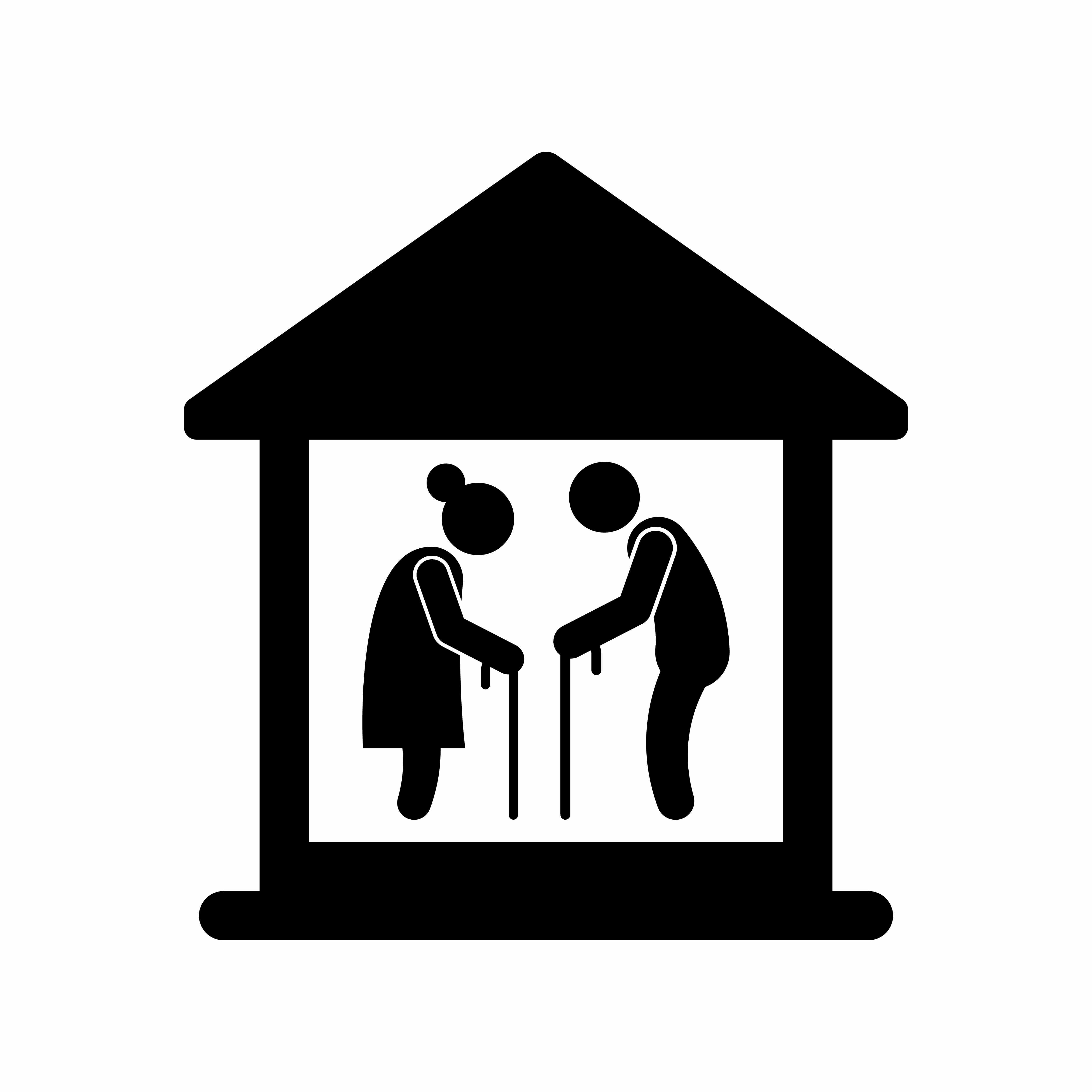New Study Links Natural Disaster Stress, Cognitive Decline

A recent study found that incidents of natural disasters could negatively affect older adults and potentially lead to increased risk of dementia.
The study published in the Journal of the American Medical Association (JAMA) followed older adults who survived the 2011 Great East Japan Earthquake and Tsunami to see how their cognition and memory abilities changed over an 11-year period.
Prior to the disaster, all participants had healthy cognition function and researchers found three distinct patterns of cognitive decline following the natural disaster. A total of 58.9% of older adults in the study reported little to no change in cognitive function while 27.2% reported gradual decline over time and 13.9% of older adults in the study experienced high and gradually worsening cognitive function.
The study found that among relocated older adults, the number of people with cognitive impairment increased over time from 32% at 24 months, 35% at 32 months and 38% at 42 months post-diaster.
This shows that loss of social connections, financial strain and depression play into the impact of cognition of older adults.
Factors like losing a home, financial burden, disruptions in health care services and overall disaster damage increased the chances of older adults being in the cohort that reported the most steep cognitive decline. Depression also played a major role in older adults’ cognitive decline.
Older adults in the study had a higher rate of cognitive decline of 26.4% compared to 20.9% of older adults that had not experienced a natural disaster, showing that disaster-related stress could increase cognitive decline beyond the effects of natural aging.
The study also found that survivors of the 2011 earthquake and tsunami initially had little to no cognitive decline but then saw a faster rate of decline which differs from what is typically reported in older adults not affected by disasters.
The findings highlight a need for targeted support for older adults that experience a natural disaster, including housing support, financial aid and access to health care services. Mental health support and addressing financial challenges related to natural disasters could prevent or slow cognitive decline of this vulnerable population, the study found.
Things like comprehensive support and long-term mental health services, combined with mental health care, financial aid and targeted support for specific groups following a natural disaster could play an important role in reducing the rate of cognitive decline in older adults following a natural disaster.
The recent study also coincides with a University of Washington study that linked wildfire smoke exposure with an increased risk of dementia in older adults.
The post New Study Links Natural Disaster Stress, Cognitive Decline appeared first on Senior Housing News.


